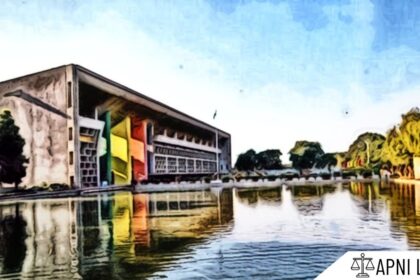Code
Whoever knowingly joins or continues in any assembly of five or more persons likely to cause a disturbance of the public peace, after such assembly has been lawfully commanded to disperse, shall be punished with imprisonment of either description for a term which may extend to six months, or with fine, or with both.
Explanation.—If the assembly is an unlawful assembly within the meaning of section 141, the offender will be punishable under section 145.
Explain It
This section addresses the act of knowingly participating in an unlawful assembly. An unlawful assembly is defined in Section 141 IPC, which outlines the criteria:
- Five or more persons assembled.
- Common object (shared purpose) of the assembly.
- The common object is unlawful or the assembly is likely to cause a breach of the peace.
Section 151 specifically targets individuals who are aware that the assembly is unlawful and still choose to join or remain in it. This knowledge of the unlawful nature of the assembly is crucial for prosecution under this section.
Illustrate It
Here are some examples of situations that could fall under Section 151:
- A group of people gathers with the intention of vandalizing property. You know about this plan and join the group. You have knowingly joined an unlawful assembly.
- A crowd is protesting, but the situation escalates and becomes violent. You are aware of the violence but remain in the crowd. You are continuing in an unlawful assembly.
- You see a group of individuals about to engage in a riot. You know it’s unlawful, but you encourage the group by chanting slogans. This would be considered knowingly joining and encouraging an unlawful assembly.
Common Questions and Answers
Q: Does merely being present at an assembly make one liable under Section 151?
A: No. Mere presence is not enough. You must have knowledge of the assembly’s unlawful nature and actively join or continue in it.
Q: What is the difference between Section 141 and Section 151?
A: Section 141 defines unlawful assembly. Section 151 punishes the act of knowingly joining or continuing in an unlawful assembly.









